Values and Science: An Invitation to Engage
Christine Bachrach
We’re pausing the Values and Science Blog Series to review where we’ve been and to invite your participation in an upcoming Town Hall session at the IAPHS Conference in October. In the session, we’ll explore your views on questions raised by this series. We hope that you’ll come!
We set out on this series to inspire discussion on a topic that mostly goes undiscussed: How do and should values intersect with the practice of population health science? And does the current polarization on political, ideological, and social issues have implications for this question?
The posts published to date in the series have sought to provide food for thought. Here are some key takeaways.
Values play a central role in driving our science. Scientific values such as research integrity, transparency, accuracy, and open-mindedness provide a solid foundation for research. Other values, such as concerns about social justice or individual freedom, also drive the choices we make about what questions to ask in our research — and what not to ask. (Read more in Part 1 and Part 3).
We each hold different perspectives about the role that social values should play in research. By social values, we mean the beliefs and positions that we hold about issues that are aligned with social, political, and ideological divisions in our country. For example, environmental regulations, income inequality, racial justice, the rights of a fetus, and government safety-nets can all be ideological flashpoints. In one view, population health science is naturally linked to progressive ideas, and it’s a good thing to let those ideas drive our science. Another view holds that our affinity for progressive ideals is a liability for our science, limiting the scope of what we study, how we study, and how our work impacts policy. (Read more in Part 1 and Part 6).
Our social values can and do affect science in many ways, beyond the questions we ask. They can affect decisions about theories and concepts to use, hypotheses to pose, methods and measures, choices on what results to publish, and what gets published in what types of journals (Read more in Part 3).
Scholars agree that pure objectivity in science is unattainable but recognize that useful and replicable scientific knowledge must transcend personal values. People look to “science” for knowledge that can be counted on as independent of one’s personal belief system. Some argue that individual scientists should strive towards objectivity; others believe that scientists should let their values drive their science as long as there are opportunities for both diverse viewpoints and healthy debate among them within the scientific community. (Read more in Part 4).
Population health scientists disproportionately hold liberal and progressive views, but the populations we study and the policymakers we seek to influence often think differently. The topics we study can be politically divisive. We disagree on whether this affects the credibility and impact of our research. (Read more in Part 5 and Part 6).
A Town Hall Discussion
To draw out further discussion on these topics, we’re holding a session at the 2023 IAPHS Conference in Baltimore. We’ll begin by asking participants to share their perspectives on population health science itself. In our discussions throughout the series, we’ve noticed that people can think about our field in two different ways: as a path to knowledge about the levels and distribution of population health, and as a path to achieving health equity and justice. We’d like to unpack these ways of thinking – to surface, and then to explore the implications of, the values and assumptions that underlie them. We’ll also ask participants to consider what IAPHS could or should do (if anything) considering the issues raised in this discussion.
Conference-goers don’t need to register to attend the Town Hall session. Simply show up in the Watertable Ballroom on Tuesday, October 3, at 1:30 pm. We’ll assign attendees to small groups (randomly — the goal is to group people who aren’t closely affiliated with each other). Most of our time will be devoted to discussion in these groups and then reporting back. Erika Blacksher will moderate these discussions.
Following the Town Hall, we’ll provide a final Blog post that draws together the lessons we’ve learned.
Please come to the Town Hall! If you haven’t registered for the conference yet, you can do so here.
About the Authors
Christine Bachrach is Senior Advisor to IAPHS and the organizer of this series. She accepts full responsibility for its content as a representation of the authors’ thoughts and opinions and not necessarily the opinion of IAPHS as an organization. Many individuals, listed below, have also volunteered to contribute their ideas and suggestions. Special thanks are owed to the following people who provided substantive suggestions on this blog post: Erika Blacksher, Jarron Saint Onge, and Anna Zajacova.
Project advisors: Yukiko Asada, Caryn Bell, Erika Blacksher, Marino Bruce, Merlin Chowkwanyun, Cynthia Colen, Jen Cruz, Jenn Dowd, Kaori Fujishiro, Taylor Hargrove, Kathie Harris, Mark Hayward, Jennifer Karas Montez, Nicholas King, Lindsey Leininger, Sanne Magnan, Jarron Saint Onge, Kat Theall, Alex Tsai, and Anna Zajacova.

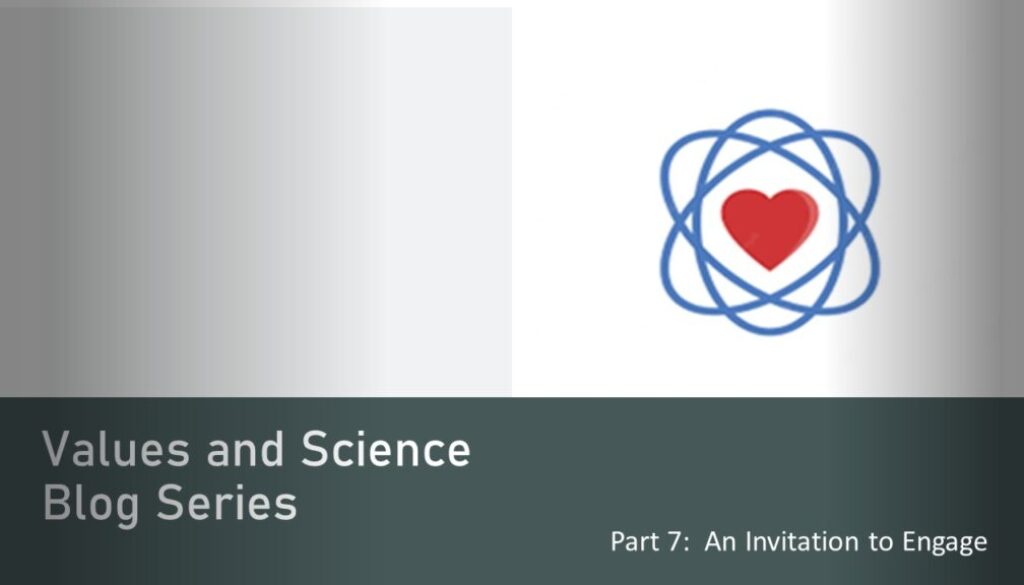
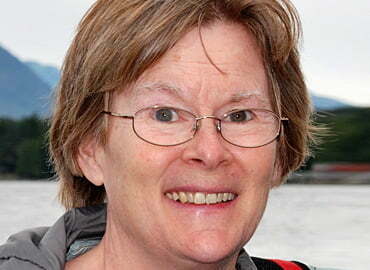
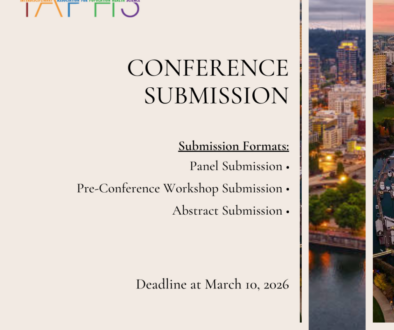
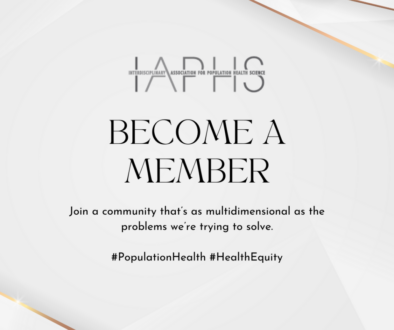
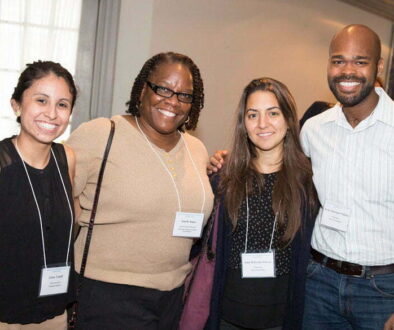
All comments will be reviewed and posted if substantive and of general interest to IAPHS readers.